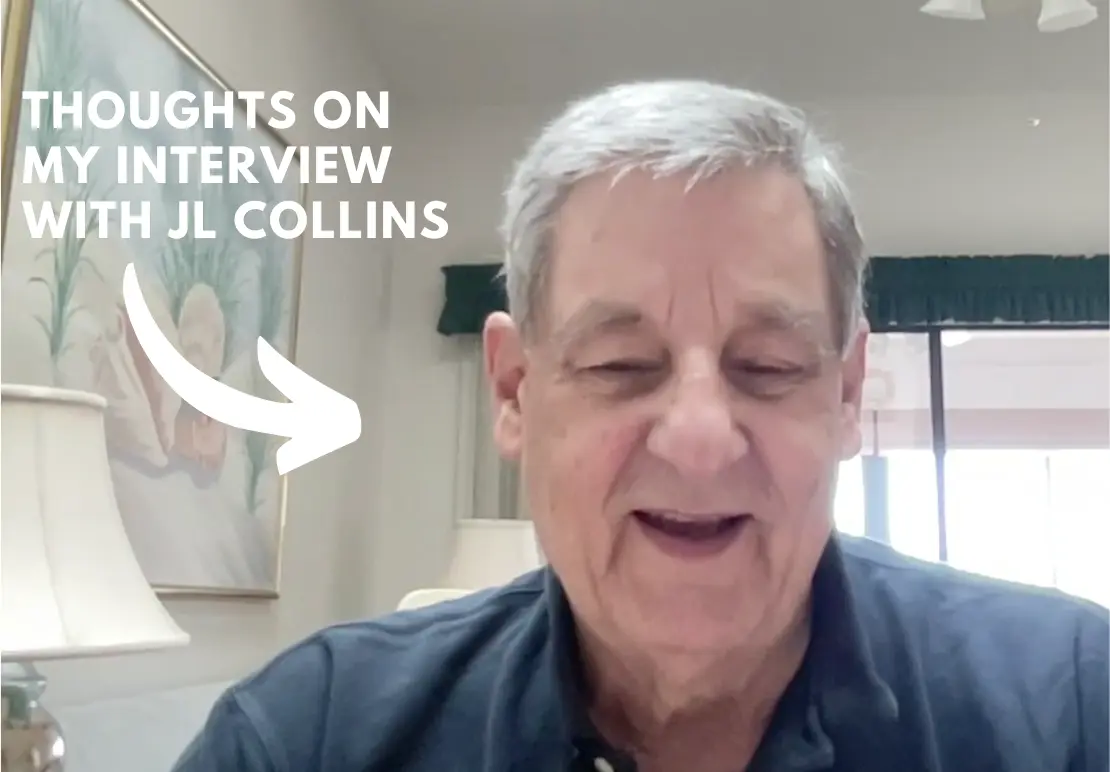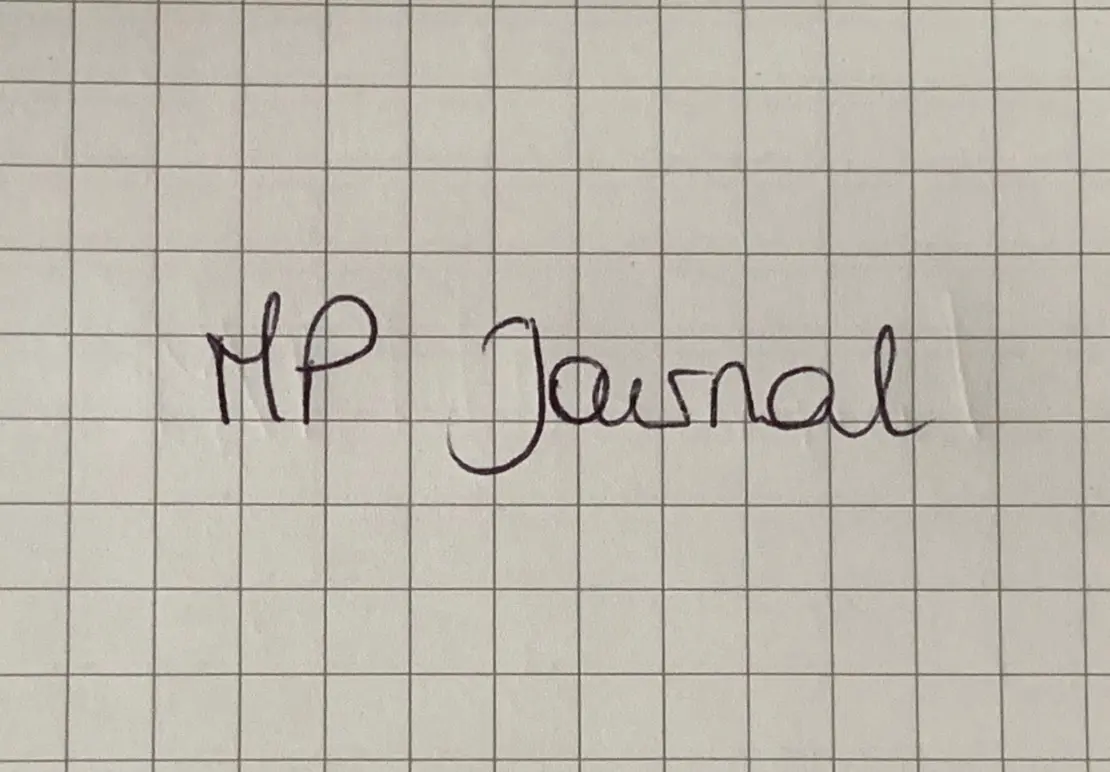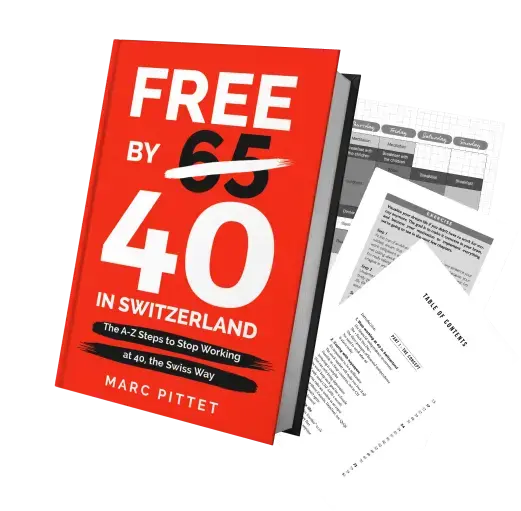I was lucky enough to interview the “Godfather” of financial independence, JL Collins.
Our interview lasted 1 hour, so the transcript was quite long. That’s why I’ve decided to make it a little more digestible by putting my thoughts in this dedicated article.
We all have a “why”
JL Collins’ example confirms the hypothesis of my book regarding the triggering factors of financial independence.
My hypothesis has three categories:
- Personal fulfillment: following a dream, a personal project or a passion
- Freedom and autonomy: being able to quit a job or other limiting environment, to have control over your own time
- Fear: generating the need for financial independence or security
JL is in the last category (fear of being bankrupt, linked to his father’s experience).
For me, it’s a mix of personal fulfillment (so I can write blogs all day) and the need for freedom and autonomy.
Another example is Carole and her Riad in Morocco. She falls into the “personal fulfillment” category.
The most important thing in these examples is knowing the “why” behind the pursuit of financial independence.
The reason? The path usually takes 15-17 years on average in Switzerland (for a couple in their twenties with middle-class incomes). Therefore, you can quickly lose motivation if you don’t have a deep-rooted “why” within you that guides you.
I strongly recommend you read JL Collins’ books
I read the two books “The Simple Path to Wealth” and “Pathfinders” in 2024, in order to prepare for this interview.
I thought it would be interesting but a bit tedious to read them as I know so much about the subject of financial independence.
Well, it turned out not to be at all!
So yes, they confirmed many of the things I already knew. But JL’s storytelling and knowledge broadened my perspective, particularly around my investment portfolio (I talk more about this further down) via “The Simple Path to Wealth”!
The “Pathfinders” book is really inspiring. It made me feel less alone on my final stretch towards FIRE. So if you’re looking for a motivational boost for your own journey towards financial independence, I recommend it to you.
Real estate investment can work (I’m proof of this!)
I haven’t read JL Collins’ third book about real estate investment.
Apparently, it’s about all his rookie errors with his first rental property in Chicago.
So my first reaction was: *“Hey no, JL, you mustn’t scare people like that! Rental investments can work, if you take good financial security and due diligence measures!”
And my mind went on: “I’m proof of this with my 3 rental properties in Switzerland and abroad, and I’m now trying out real estate development!”
Afterward, I read the details of the description on Amazon. And it said that he had had success in real estate, and that the book is simply a warning for a beginner in real estate investment.
Phew, that reassured me ^^
I’m going to order the book right away, and then I’ll talk about it on the blog :)
Explain to my children about the importance of managing money with a partner
I will talk to my children about the subject of money when you live with someone, following my interview with JL Collins…
With Mrs MP, we were more or less aligned on the basics, like JL Collins. We had some disagreements but communication and time have enabled us to agree on our path.
But on taking stock, I can see at what point it can have an impact and negative consequences if you don’t talk about these things as a couple, until you reach a tipping point…
So yes, it casts a shadow over the emotional and magical side of love at first sight… but once the honeymoon period ends, reality takes over after a few years ;)
Later, I’m going to tell them to be more subtle than JL Collins haha!
But first, I need to mention it to Mrs MP, in order to get her opinion on the way in which to teach them about this. Find out what happened in the next episode!
Save 50% of all money our children receive
We began to give our children pocket money three years ago.
From the beginning, the rule has been that 50% of what we give them goes into a savings account which they don’t touch, and they can do whatever they like with the other 50% (well, almost - we do check a bit, as we don’t want them throwing it all away on sweets … in one afternoon!)
After I read “The Simple Path to Wealth”, we (well… I, then I discussed it with Mrs MP ^^) decided to apply this rule to all the money they receive.
I explained JL Collins’ life story to them, with his father who was no longer able to have a good standard of living as he hadn’t put any money aside, and the way of becoming rich — not like a TikToker in Dubai every couple of weeks hey, but by having reserves for the positive or negative experiences of life.
So the new rule now applies not only to their pocket money but also to odd jobs like babysitting or petsitting. However, for things like birthday presents, I think I’ll let them choose (or not?…)
I want it to become automatic for them. I’ll guide them to set this up as soon as they receive their first paycheck too.
I aim that not doing this would seem abnormal to them!
Calculate the savings rate: BEFORE tax
If someone asks me how to take tax into account when calculating the savings rate, I reiterate that I include tax as an expense (see this article on how to calculate your savings rate in Switzerland).
Why? Because if you calculate your savings rate based on your “pre-tax” salary, then you’ll put a larger amount aside. Your financial muscle will only be strengthened. And the date of achieving the goals of the FIRE movement will only be closer!
VT ETF, the one and only 💰
Did you have some doubts about my recommendation of a global ETF with the VT ETF?
Now you can be reassured by the godfather of financial independence who has confirmed it in person :)
For a Swiss investor, it’s therefore elementary to become rich:
- Open your account with Interactive Brokers today (it’s been the best trading platform for years)
- Buy VT ETF regularly to build your wealth
I’ve fallen back in love with my ETF
JL Collins studied languages at the university, and it shows in his storytelling.
I really liked his explanation of the concept of self-cleansing that is integrated into an ETF.
Imagine, in one click (purchasing an ETF), you buy 8'000 companies in the world. And every quarter, this same ETF checks that all the companies it owns are the best!
You’re no longer the best of the best? Bye! And welcome to the new companies who are performing better on the stock market — for the wellbeing of your investment portfolio.
It’s so powerful!
It made me fall back in love with something that can appear to be really tedious after a decade of investing in the same thing… <3
Bogleheads, or 100% stocks?
Drum roll please… I am possibly going to change my investment strategy recommendation for a Swiss Mustachian.
Until now, I used and recommended a Bogleheads strategy. Basically, you buy your age in bonds (if you’re 30 years old, that means 30% in bonds), and the rest in stocks.
Except that:
- I really like JL Collins’ explanation of only buying bonds if you have no other regular income that enables you to live and mitigate the volatility of the stock market (you don’t want to sell ETFs to fund your living expenses if the stock market is crashing)
- And in a certain sense, I’ve already begun to follow this path, as I’ve never bought any bonds. The reason? I consider all the money in our occupational pension as “safe” money, or should I say, less volatile than stocks
The further I go along my path of investing in the stock market in Switzerland, the more soundly I sleep with only stocks, and that is regardless of how the stock market is performing.
All of this has made me reflect.
I will write a dedicated article, but I’m thinking of following this type of investment strategy:
- While I’m earning a salary (and the revenue from my blog and real estate), I’m going to keep 100% in stocks
- Listen, I’m not going to empty my occupational pension for anything, and that provides me with a safety margin
- The day I become FIRE, if I still have regular revenue with the blog and rental real estate, I’ll keep 100% in stocks
- Reaching the goals of the FI movement means resigning. At that moment, I’ll put my occupational pension in a vested benefits fund (probably finpension and/or VIAC) to invest all this money in 100% stocks
- And if one day I really no longer have any regular revenue that cushions me against the volatility of stocks, then I’ll go back to thinking about bonds
As you can see, I’m still evolving after 10 years of being in the FIRE movement, and as a Swiss investor in ETFs…
UPDATE 03.11.2025: so I published an article dedicated to the subject => “Why I’m switching from Bogleheads to 100% stocks”.
Simple view of politicians and the economy
Disclaimer: I’m not qualified in politics or macroeconomics. I therefore have very little university-level knowledge about these subjects.
So I really appreciated the simplicity of JL Collins’ explanations.
One thing had a real impact on me: his analysis of taxation vs. politicians.
Something clicked when he said that the richer you are, the less you need politicians… which explains the behavior of the US (and Swiss) government in only cutting taxes on ridiculous amounts for private pension pots (the maximum amount of the 3a pillar in Switzerland).
If you have a macroeconomics and/or politics book to recommend, that isn’t biased towards one side or another (I like scientific analyses), I’d like to hear about it :)
The power is in the hands of the consumers
I like JL Collins’ conclusion between capitalism and our global limits:
“But, yeah, if more people bought fewer junkie things, then that would be bad for some companies, but it would be better for other companies that made higher quality things that maybe last forever.”
That links to my point of view that the power to influence the world is in the hands of the consumers.
I’m not going to go any further into this subject, as I don’t want to end up talking about politics. However, I’m going to delve into these points with another interviewee experienced in the subject very soon, with the same objective of learning more about our world in an objective and scientific manner.
Speak to Mrs MP in more detail about our investments
JL Collins’ experience with his wife has reminded me that I need to share more information with Mrs MP.
We’re not completely crazy!
Mrs MP already has a consolidated overview of our personal finances thanks to YNAB. This is our source of truth and she has full access. That reassures me a lot.
However, she still lacks information about our portfolio, the reason behind each investment, and what would need to (continue to) be done if I were gone.
Which led me to another consideration: I’m thinking of stopping my “value investing” investments with Les Daubasses.
It’s already been going around in my head for a while, as I don’t delve enough into (nor use) their research and documentation (which are excellent, by the way). I could do it and therefore go off and search for my own Daubasses.
But I’m not hugely motivated to do that…
Especially on rereading the power and effectiveness of my favorite VT ETF…
Fundamentally, I prefer to put this energy into rental real estate and real estate development.
Again, I’ll write a dedicated article about this, but I’m thinking about selling all my Daubasses stocks (those which have had positive growth, and for the others, I’ll wait until they do or Les Daubasses get rid of them, as they no longer have any potential).
And in parallel, I’m going to set myself a half-yearly reminder to review our investments with Mrs MP, so that she feels in control.
FI or FIRE?
I love the FIRE movement acronym (“Financial Independence Retire Early”), as it’s memorable. More so than FI movement (“Financial Independence).
But I prefer the meaning of FI movement to FIRE movement, as I’m also still waiting to meet someone — I mean a human — who is capable of not dying from boredom after spending several days doing nothing but sipping cocktails on a beach. Humans need a raison d’être and connections.
So there you go. If you hear me talking about FI instead of FIRE from now on, you’ll know why ;)
And you?
What did you get out of this exclusive interview with JL Collins?
Buy a house in Switzerland? THE question to ask …
Interview with JL Collins, the 'Godfather' of the...





Last updated: June 27, 2024